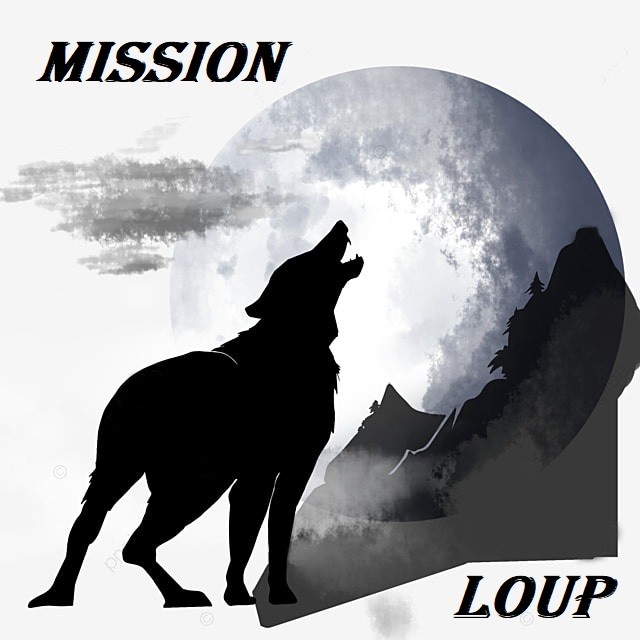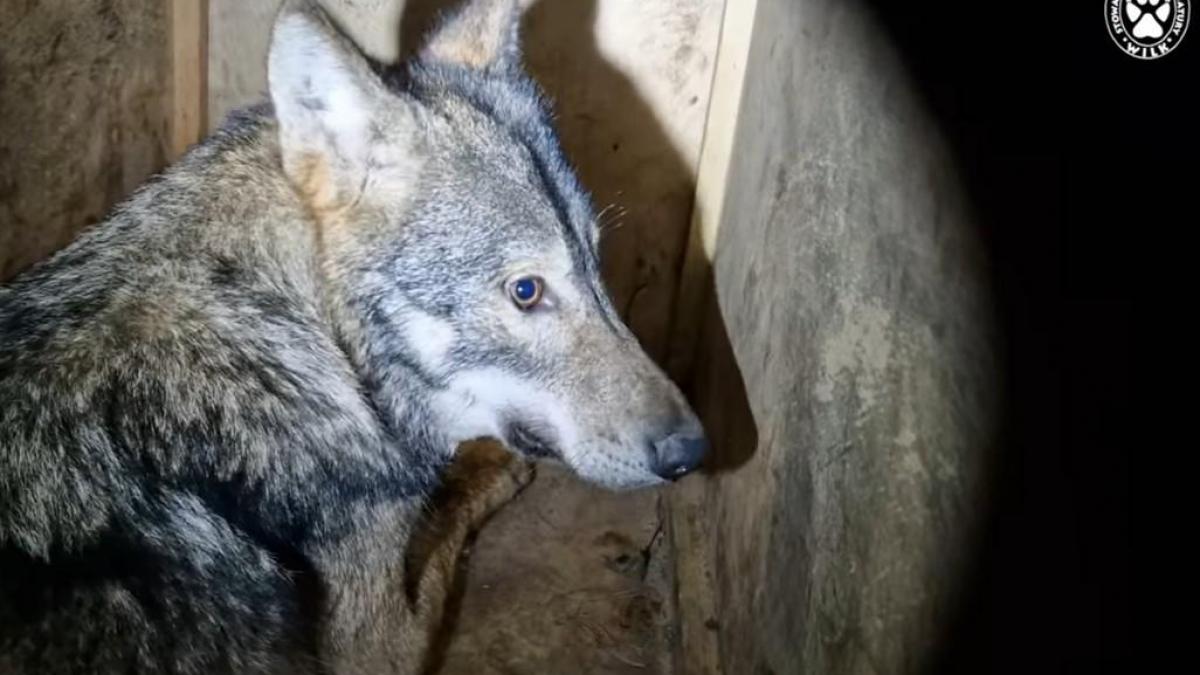Today, tourism has taken off to such an extent that it is, unfortunately, becoming difficult to manage. People are constantly looking for and developing new sporting, recreational and tourist activities to amuse themselves, stretch their limits and enrich their lives. The facts are clear and indisputable: nature, forests and therefore mountains are the scene of numerous leisure activities, day and night and, worse still, in all seasons. Wildlife is constantly disturbed as we interfere with the places where it lives, rests and feeds, and this leads, particularly in winter or along roadsides, to tragedies involving death (accidents, injuries, exhaustion). And let's make no mistake about it, mass tourism is a huge black mark on the pastoral world, there's no denying it! Domestic dogs taken into prohibited areas, not kept on a leash (causing bites/attacks on sheep/goats), bad behavior on the part of people, disregard for rules and signs - the examples are unfortunately numerous.
In the past, leisure activities were limited to simple hiking, with people walking quietly along footpaths in summer and skiing in winter. Nowadays, mountain bikers hurtle down trails at full speed (which is also a real danger and problem for other mountain users), trail runners run from dawn to dusk, night excursions are organized, motorcyclists cross-country race even on reserve areas, paragliders fly over flocks, stressing the guardian dogs and the wildlife (eagle, a few incidents have already been recorded), not to mention all the winter activities such as snowshoeing, sealskin skiing, off-piste skiing, etc.
The bottom line is that things could go well if all users respected the established rules (laws, signs) but also, and above all, those of elementary common sense towards all other users. However, the numerous abuses show that the reality is quite different, and humans have become what we might call “a thorn in the side” of breeders. Let's not forget that the latter are working, while the tourist is enjoying his leisure time. The former takes priority, logically, and therefore deserves our respect. It's often necessary to live a situation or, for those who manage to do so, to put oneself in someone else's shoes, to really understand what's going on. We wouldn't like it if, every day, someone came along and disturbed us, preventing us from doing our job, or even making it worse - we'd all agree on that. Unfortunately, the exponential growth in outdoor activities, ever more sought-after and varied, is becoming a serious black mark for breeders, as it no longer goes hand in hand with values such as respect for oneself, others, laws, rules and common sense. It must also be acknowledged that little or nothing is said publicly about the abuses caused, whether by the media or politicians, which is terribly frustrating for breeders, who have to fight to be heard and respected!
How do these constant, daily disturbances, throughout the 4-5 months of summer grazing, impact on the protection of the livestock? Have you ever asked yourself this question? Well, it's important to understand that they cause many practical problems for farmers, especially those with guardian dogs. Here's what some of the breeders we work with tell us, very frequently and sincerely: “It's not the wolf that's our problem, but the number of times every day that we have to deal with interactions and possible conflicts with tourism. We have to monitor the behavior of tourists approaching the herd, call to order those who don't follow instructions, intervene to prevent an incident between our dogs and a “domestic” one who is not tied up or taken into an area where he is not allowed to be, deal with the consequences of paragliders flying over our mountain pastures, which causes panic among the herd and stress and fatigue among our guardian dogs, who react instinctively and logically. Or, worse still, the cases where we have to treat sheep bitten by uncontrolled domestic dogs, or see tourists throwing rocks or hitting our guardian dogs with hiking sticks, out of fear and annoyance but without any prior bad behavior on the part of our canines. And to end up hearing that we don't control our dogs, that they're mean, aggressive or behave in undesirable ways. It's way too much for us, tiring and exhausting for us and for our dogs too. And yet, thanks to the maximum protection we put in place, the wolf is ultimately not a problem for us, the least of our worries”. Some people say it clearly (and we suspect that this is true in reality): “It would be easier not to have any dogs to deal with, so we wouldn't have to deal with conflicts with tourism or even within the guardian dog pack, letting the wolf take one or two sheep from time to time, for which we would be properly compensated. We'd certainly be less bothered on a daily basis”.
Unfortunately, all these facts reported by these farmers are real, very frequent and sometimes even daily occurrences in certain protected summering areas. If you've read our special report “Canids - the real dangers for humans today”, you'll probably realize that incidents between guardian dogs and humans, which are extremely rare compared to those recorded with domestic dogs, are once again mostly caused by human error, inappropriate behavior or gestures, and a sometimes total lack of understanding of how canids work.
As you can see, the way we behave when we're out in the wild and on mountain pastures is of paramount importance in guaranteeing the effectiveness of protection and therefore, quite naturally, coexistence with wolves too! It's undeniable that failure to comply with signs and laws means extra work for the farmer, but also and above all for the guardian dogs, who have to protect the herd at night from wolves and during the day from incivilities and even mistreatment. It's time to open our eyes to this reality and the role we have to play when we go out into the wild. Nature does not belong to us, and deserves our respect. We must therefore respect the rules in force, inform ourselves beforehand, change destination or practice desensitization if we're afraid of dogs, avoid mountain pastures protected by guardian dogs with our 4-legged companions, and understand that only maximum protection, through the trio of electric fences, guardian dogs and shepherds, can prevent wolf attacks and therefore...shooting! And, finally, we would like to remind you that summering areas can also be private, belonging to the farmer or to a commune with a right of way - the mountains are not free of rights!
It would also be desirable for our heads of state and certain politicians to take up the subject of protection, as well as that of the excesses of tourism and human activity in summering areas, and in nature in general, all year round! It's by no means enough to praise mass regulation of wolves as THE solution, especially when we have no knowledge of the situation or hindsight (an extremely dangerous game). It's also vital to get involved in protection, to encourage and support it, both publicly and financially. As a reminder, in 2009 in Valais, two wolves killed 199 sheep - half of the current losses - while the number of wolves has since multiplied by 60 and the number of packs by 11! We would therefore like to remind you that protection is essential and mandatory, without which damage will increase much faster than the wolf population!
We would like to thank all those who practice their leisure activities in nature for paying attention to the signs, respecting them and informing themselves or training themselves in the correct behavior to adopt.
Article : TT - Wolf Mission
Photo : montage of illustrations (Adobe Stock, Shutterstock & FERUS)


